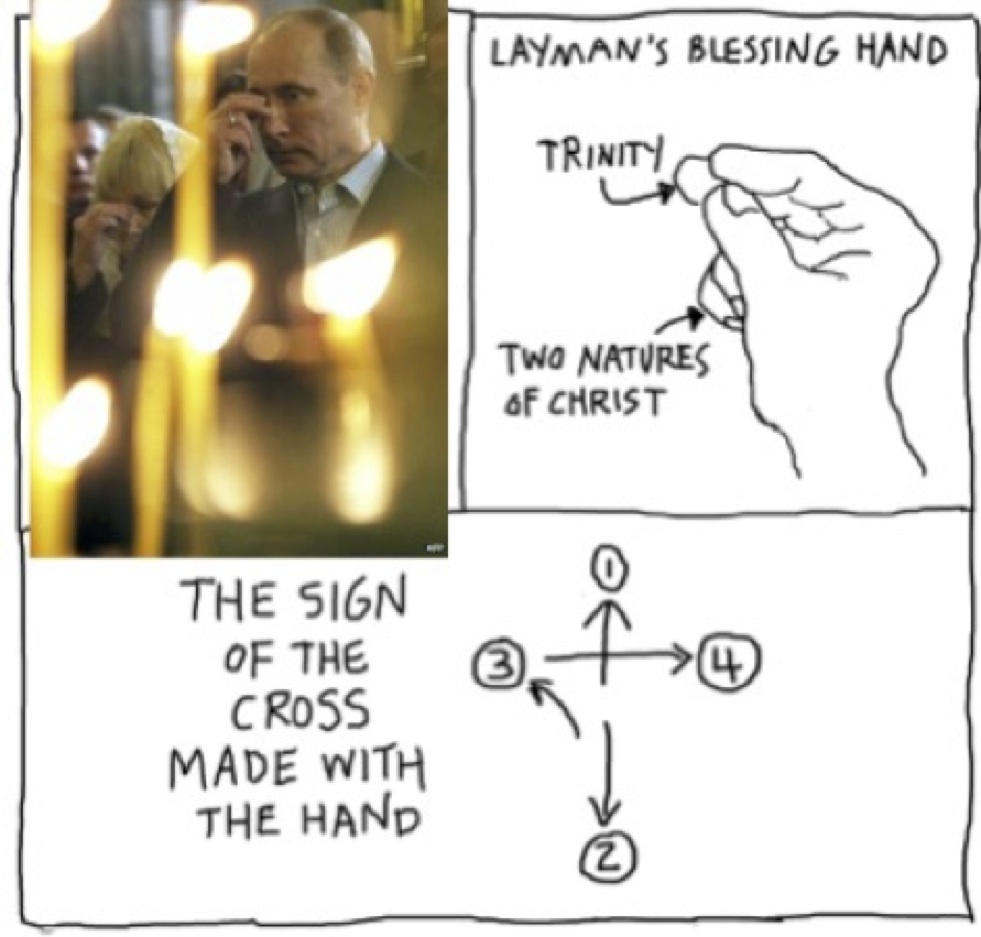The catechumen process was fairly straightforward. Attend a local church (or one where you feel comfortable to use as a 'base' if you live abroad or move around) a few times and get to know the preist. Say that you're interested in becoming enrolled and he'll ask you some questions. You'll be assigned a catechist - this can be the preist himself but oftentimes they're too busy so it will be a longtime and highly dedictated Godly member of the congregation.
You'll likely have weekly sessions with them either in person or online in a course format. No exam at the end, it's more to give you a thorough understanding of what you're 'signing up for' as well as theological and some historical education in the faith. Again, no tests but if you're not committed and clearly engaged in the process then I imagine that the catechist would explain to the preist that you're in need of extra work or something - I honestly don't know. I did enquire as to whether some people drop out half way though and was told that it happens quite a lot, particularly among young men who jump in two feet first with buckets of enthusiasm and that it burns out quickly in some cases once they realize it's serious business that requires homework etc. Similarly, you're not expected to be perfect straight away. I'm still not super strict with the fasting - I was at first even with the every Wed/Fri ones but was told to ease into it otherwise you're at risk of overwhelming yourself and doing it as a mere duty as opposed to something voluntarily and spiritual.
I'm not sure how individualized the catechumen schedules/programs are, but I do know they do differ from person to person a little bit. I think if you're more intellectually inclined (which most people posting on forums like this tend to be) you may be given a more intensive one with more reading. This was implied when I talked to the catechist about his experience with previous catechumens he'd mentored (if that's the right word).
As for timeframes, I imagine like the above it's somewhat personal but minimum 6 months - max a year is what I would guess for most people who are able to commit to weekly lessons. All the above is my experience, and I imagine will be similar everywhere, but perhaps not identical.
As for the Chrismation itself, it was great. Low key in my case but obviously very spiritually rewarding and just a really nice experience overall. Don't worry about having to 'perform' or anything like that - the only thing you're required to do is read some passages that you'll have in front of you. The priest should guide you through the ceremony to make it as stress-free as possible as it's supposed to be about being welcomed into the church as opposed to being a perfect reader/speaker of passages.
Happy to answer any further questions




